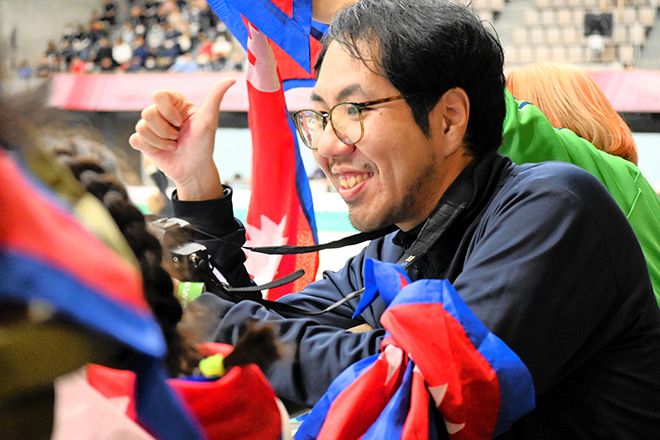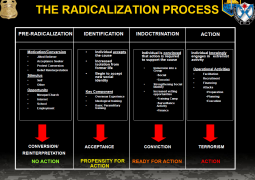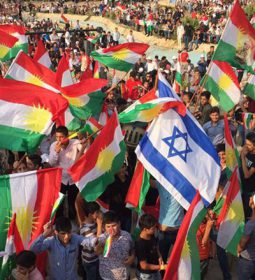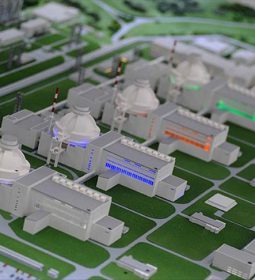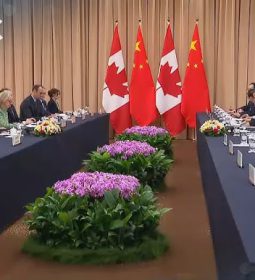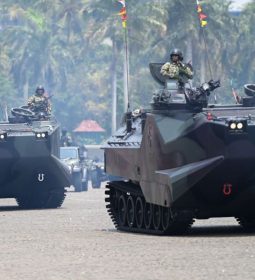Female Nepali judoka defy prejudice with help from Japanese coach

By MINORI OSHITA/ Staff Writer
Two Nepali teens stepped onto the tatami at the Tokyo 2025 Deaflympics, defying prejudice and, thanks to their determined Japanese mentor, proving that judo can be a lifeline.
Susma Tamang, 19, competed in the women’s 52-kilogram weight class and Lucky Chaudhary, 18, in the men’s 60-kg category at the Tokyo Budokan in the capital’s Adachi Ward on Nov. 16.
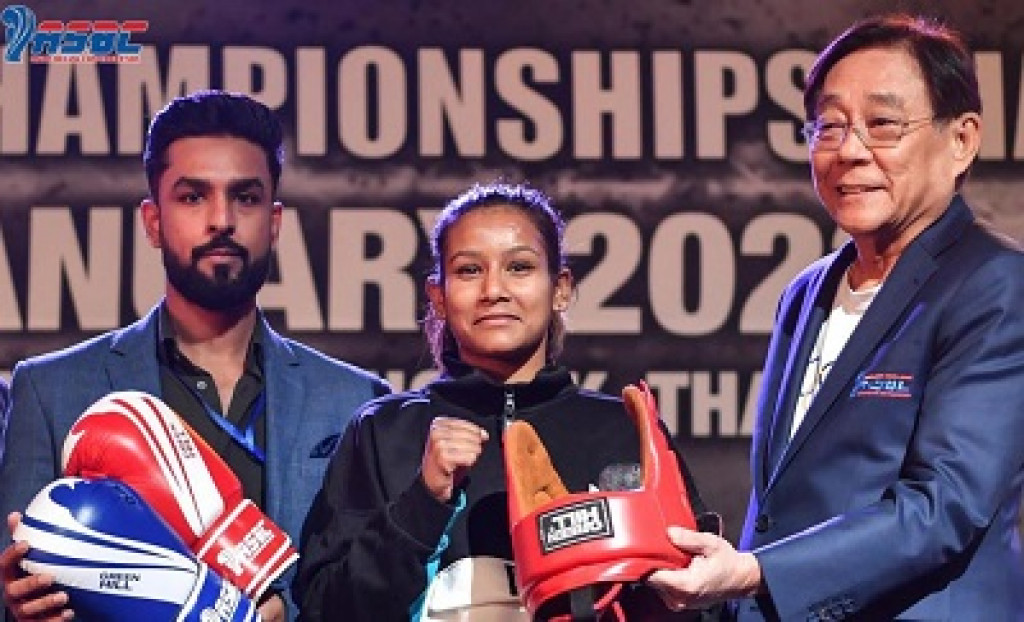
Their teacher, Yusuke Furuya, 39, watched them from the stands and said, “Before I knew it, they had grown bigger and stronger than me.”
Furuya, a photographer living in Nepal, is also a judo instructor at a local school for deaf students. He worked tirelessly to send the Nepali team to the Deaflympics.
During college, Furuya traveled around Nepal. During a roughly two-week stay at an orphanage, he taught judo to the children there.
He did not have any competitive experience in the sport.

However, Furuya was captivated by Nepal ever since that trip.
After graduation, Furuya worked as a teacher at Japanese schools for deaf students but moved to Nepal in 2017, organizing activities such as inviting Japanese judoka to teach children.
Then came the day children from a local deaf school attended a judo tournament in Kathmandu.
At that time, Furuya did not understand Nepali sign language. He began studying it daily on the day after that encounter.
FIGHTING DEEP-ROOTED BIAS
Six months later, Furuya visited a dormitory of the school and reunited with the deaf children.
There, Furuya was shocked to hear from the children that people with hearing impairments are more likely to be subjected to sexual abuse.
They explained that is because of the presumption they cannot resist by screaming and the reality that it is difficult for them to report abuse verbally.
Sometimes, “even the police won’t listen,” the children told Furuya.
One superstition that remains in Nepal is the belief that people’s disabilities are a form of suffering because of bad deeds in a past life, Furuya said.

Prejudice is deeply rooted, and Furuya was once told by Nepali acquaintances, “Using sign language is embarrassing.”
Furuya told the children, “Judo is a way to protect your own body.”
BUILDING A JUDO HAVEN
Through crowdfunding from Japan, Furuya raised donations and built a judo hall near the school dormitory in Kathmandu in 2019.
Nearly all of the 30-40 children who were between 6 and 19 years old and attended the school came for lessons every year.
Among them, Tamang and Chaudhary were selected as representatives for the Deaflympics.
According to Furuya, there is no public support for travel expenses.
On top of accompanying them as an interpreter, he has also covered costs for airfare, lodging and meals, and is again crowdfunding.
Furuya said he was determined to ensure their participation at all costs.
“These kids have incredible potential and can compete in world tournaments,” he said after noting that prejudice against disabled people remains an issue in both developing and developed countries.
Tamang and Chaudhary’s presence at the Deaflympics “sends a message to many people,” Furuya said.
Both Tamang and Chaudhary lost in their first matches.
Tamang said, “Next time, I’ll train more and win.”
Chaudhary said, “I’ll work hard so I can compete again in four years.”
Furuya said: “They stood on the same stage as countries strong in judo. I want people in Nepal to be proud of them.”
- Previous Far-right Zionist minister Itamar Ben Gvir films himself raiding Arab Israelis’ homes
- Next Spat with China helps keep Takaichi Cabinet approval rating at 69%


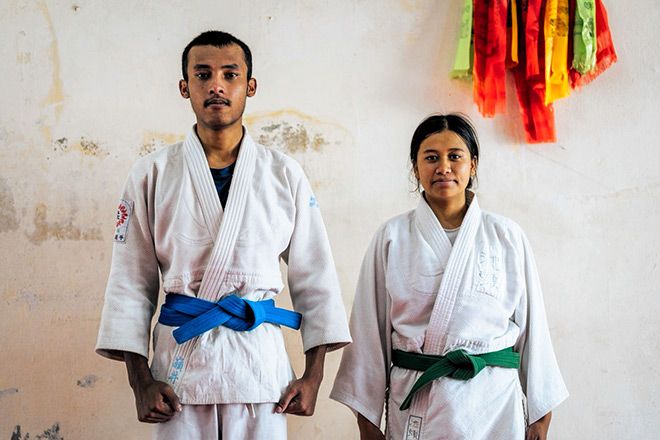 Lucky Chaudhary, left, and Susma Tamang traveled from Nepal to compete at the Tokyo 2025 Deaflympics. (Provided by Yusuke Furuya)
Lucky Chaudhary, left, and Susma Tamang traveled from Nepal to compete at the Tokyo 2025 Deaflympics. (Provided by Yusuke Furuya)